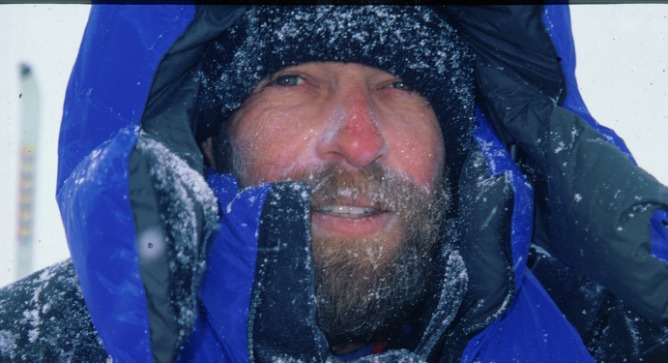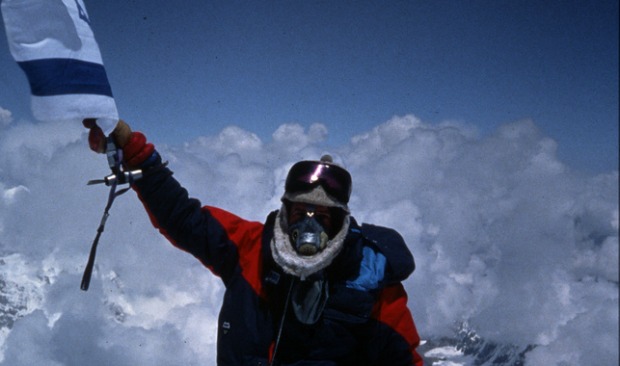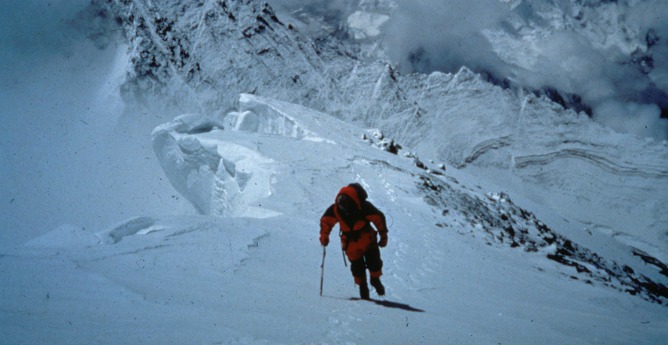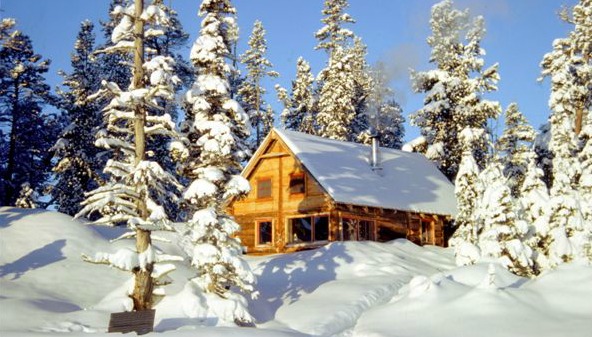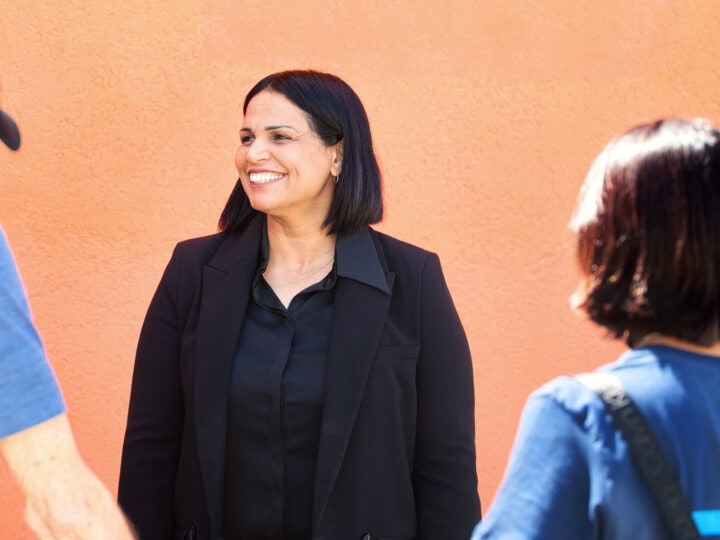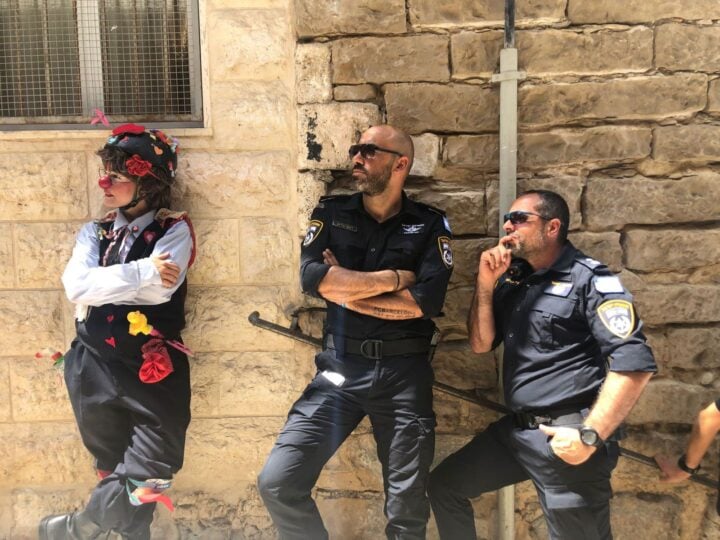This summer, Doron Erel is installing showers, compost toilets and hot tubs in three log cabins in the remote British Columbian wilderness, as several groups of tourists head to his Nuk Tessli outdoor experience.
It’s just the latest extreme adventure for Erel, the first Israeli ever to have reached the peak of Mount Everest – a feat he accomplished at age 33 in 1992.
Spread the Word
• Email this article to friends or colleagues
• Share this article on Facebook or Twitter
• Write about and link to this article on your blog
• Local relevancy? Send this article to your local press
Erel was back in the news tangentially last May, when Israeli mountain-climber Nadav Ben-Yehuda nearly reached the famed summit but turned back in order to save a Turkish climber’s life. At 24, Ben-Yehuda would have been the youngest Israeli to scale Everest.
“I think it’s a Jewish passion – you know, the wandering Jews,” Erel reflects. “A lot of Israelis have that passion and many do something with it when they’re young. Less so when they start having families and working in jobs. But I never did anything else.”
In 2004, the former fisherman and roofer led an expedition of Jewish and Arab students from the University of Haifa to the Alps, and later took similar groups to North Carolina’s Appalachians. He accompanied mentally disabled Israeli youths to the Mount Everest base camp; searched for survivors of a doomed 1990 expedition to Lenin Peak; and volunteers in prisons, drug rehab centers and clubs for the disabled. He does motivational lectures on climbing and achieving goals for the Israeli army and air force, Secret Service, businesses, schools and community centers.
“You can definitely influence people to meet and see each other at eye level this way, because when you’re working and sweating together you can see we are all very similar.”
‘I knew it was dangerous’
Born on the flatlands of Tel Aviv, Erel hiked extensively through the Judean and Negev deserts and the hills of the Galilee – places he still explores with his family.
Israel doesn’t offer much true mountain climbing. Mount Hermon’s peak stands at 7,336 feet (Mount Everest goes up about 29,000 feet). Erel advises would-be Israeli climbers to learn the basics at climbing walls and through the Israeli Alpine Club. Then it’s time to head abroad.
“In 1978, just before entering army service, I visited Nepal and trekked in a remote district. I also got my first glimpse of Mount Everest and was even more determined to return to climb in the Himalayan peaks,” he says.
Serving in an elite commando unit gave Erel the right skills: rigorous physical training, meticulous planning, decision-making under pressure and learning the power of friendship and teamwork under dangerous conditions.
After the army, he trained in a Swiss climbing school and studied geology at the Hebrew University of Jerusalem. Every spare minute found him in the Sinai, the Alps or Alaska. In 1986, Erel led the first Israeli expedition to a Himalayan peak, and the following year became the first Israeli to reach the top of Mount McKinley.
“In 1989 I led the first Israeli expedition allowed to climb in communist Russia. There we reached the summit of Kojenevskaya Peak in the Pamir range (7,038 meters) and were even accompanied by KGB agents all the way to base camp.”
After scaling Everest, Erel conquered the “Seven Summits,” the highest peaks on each continent. “During those years I also continued to climb extensively in New Zealand, Africa and South America, as well as to kayak in northwest Greenland and dogsled on Baffin Island with an Inuit group.”
The inherent danger never deterred him.
“I came to climbing with open eyes. I knew it was dangerous,” he tells ISRAEL21c. “I met death on mountains from very early stages and it never changed my mind. In older age, and with three sons, maybe I’m taking less risks — but I still take some while trekking and canoeing in the mountains.”
Motivating Israeli youth
A resident of Moshav Givat Nili south of Haifa, Erel bought the cabins at Nuk Tessli as a base for serious hikers headed for Alaska and the Yukon Territories, where he often spends summers with his wife and sons, now aged 24, 20 and 14.
“I think there are few places that offer such remoteness and beauty as western Canada,” he says. “The hiking is extremely beautiful, and you’re not sharing it with eight million other people. It’s rare to find a comfortable lodge deep in the mountains, and that is what I wanted to provide. The location is totally remote — the only way in and out is by plane.”
Erel has produced more than 20 features documenting his activities for Israeli television, and he published a book and numerous articles about his exploits in the Israeli and foreign press.
What would he have done in Ben-Yehuda’s situation on Mount Everest?
“I don’t know,” Erel says frankly. “Not every climber would do what he did. It happened to me in the past that people needed help, but I didn’t have to risk my life — I just turned around and helped them go down.
“On Everest today there are so many people, and a lot of them do not have the right experience. If you prepare yourself for years, you will almost be sure to run into people who need help, and if you stop you won’t make it to the summit.”
Given his years of charitable work, however, it’s a safe bet that Erel would do the right thing.




